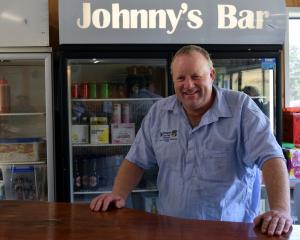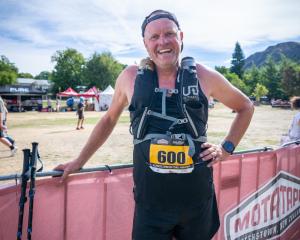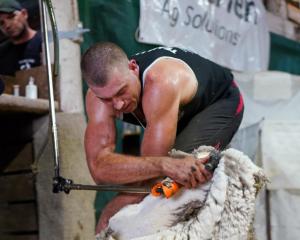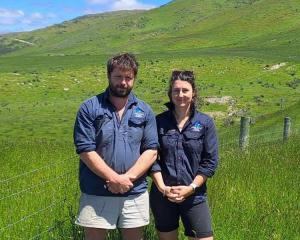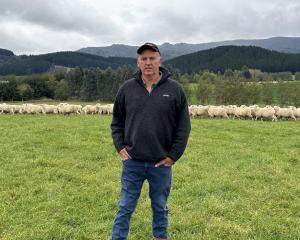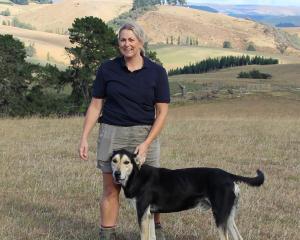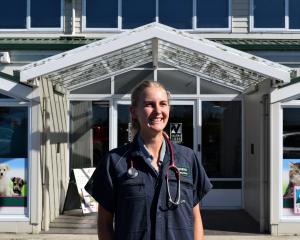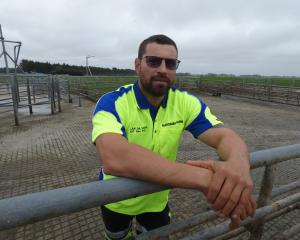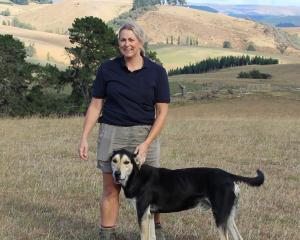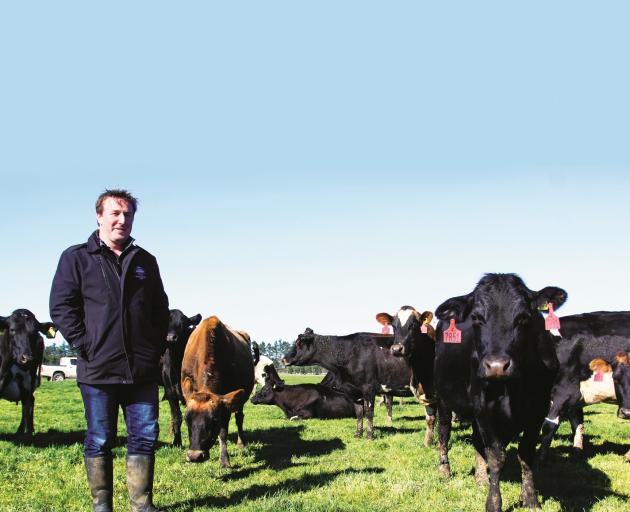
‘‘I was originally from town and always liked animals. I had to decide between becoming a musician or dairy farming and cows seemed to win on the day.
‘‘I received good advice from teachers in high school [who] said, if you want to work in agriculture you have to do it as a business, not a hobby.
‘‘So I worked hard through my 20s and saved pretty well, invested smartly and that has got me to where I am. ‘‘Employers want someone who is keen to get started and while a degree will fast track you, the No 1 thing we look for is a good attitude and willingness to learn,’’ he said.
Mr New, who won the FMG Young Farmer of the Year grand final in 2018, graduated from Lincoln University with a bachelor of commerce (agriculture) degree more than 10 years ago.
A former Kamo High School pupil with no farming background, he worked his way up to operations manager for Rakaia Island-Woodstock and oversaw three farm managers and implemented the business plan across two dairies milking up to 3000 cows and young stock for the entire Rakaia Island business.
Anyone could achieve the same height of success if they were willing to work hard and make sacrifices, he said.
‘‘After completing my degree I basically worked for Synlait Farms for 10 years, started as 2IC on 600 cows and finished up looking after 4000 and a heap of young stock. Moved on to Rakaia Island for two years and was then fortunate enough to buy our first farm with a few dairy partners in July last year.’’
His goal was always to buy a farm before he was 30, which he did not quite achieve, but he continued with a desire to learn.
‘‘As soon as we got into the corporate dairy model and I worked out I was good at managing large teams of people and complex systems, the size of the business we wanted to operate required much more equity so took a little bit longer,’’ he said.
‘‘The dairy business we bought, Mayview Ltd, was 1300 cows, which is pretty big for your first farm to step into.’’
His advice to people considering entering the industry? ‘‘Start working,’’ he said.
‘‘Save well and make sacrifices, because nothing comes free. I have done trips overseas but missed the big two-year OE. I was always driven to provide a life for my kids that I was not fortunate enough to have. Save money, get good people around you and treat every business like you own it. The owners of those businesses will see what you do and provide opportunities for you.’’
Border closure has not been an issue for Mayview Ltd with no incoming migrant workers but would have long term consequences, he said.
‘‘The entire team, except from myself, are internationals. Luckily, they are safe here and not stuck overseas. There simply has not been a pool of quality resident applicants available for us. Hopefully Covid-19 will bring keen Kiwis to the forefront.’’
A majority international team has been due to young New Zealanders not seeing dairy farming as a viable career path.
‘‘To put it into perspective, my career adviser told me I was crazy going into farming as I was too intelligent and should go and do something else. To operate a business of our size you need to be reasonably smart.
‘‘It is a lot harder than anyone takes credit for and that is not portrayed well across our society — how intelligent some farmers that operate these large scale businesses are.’’


